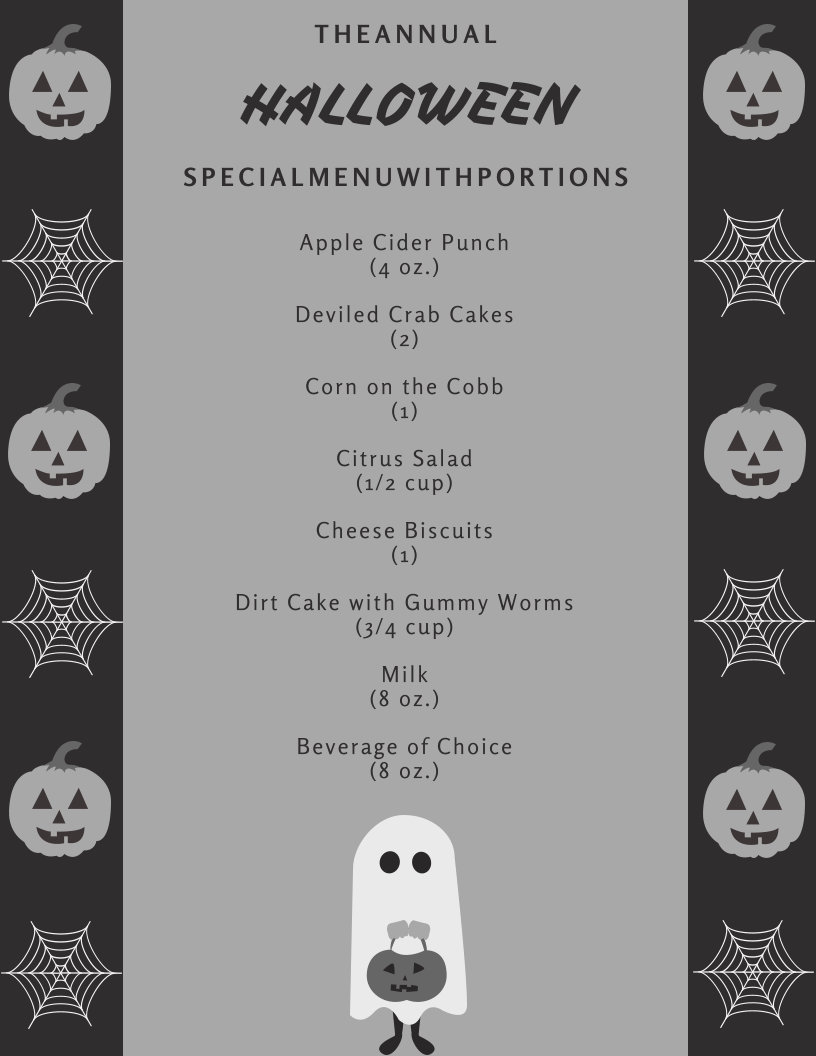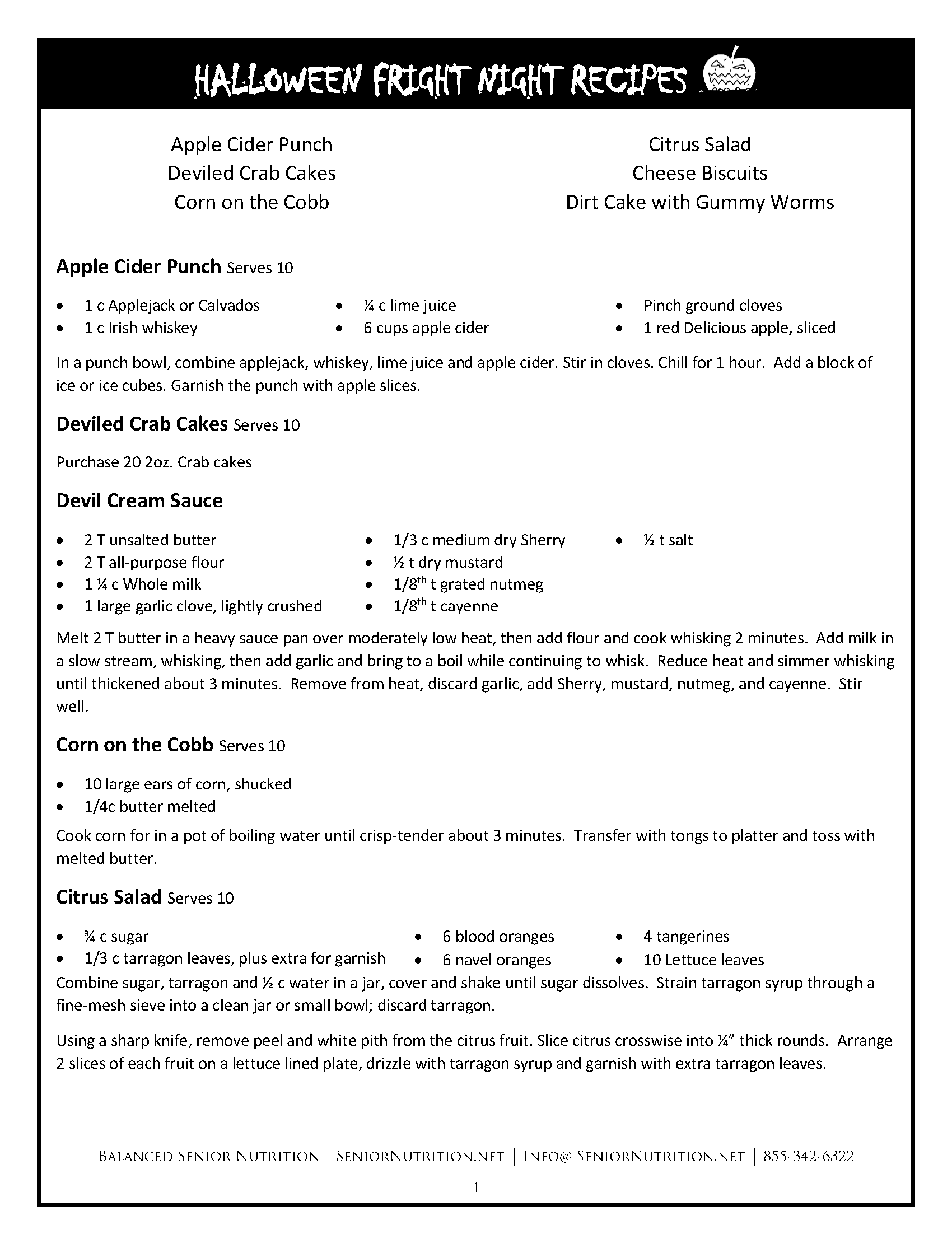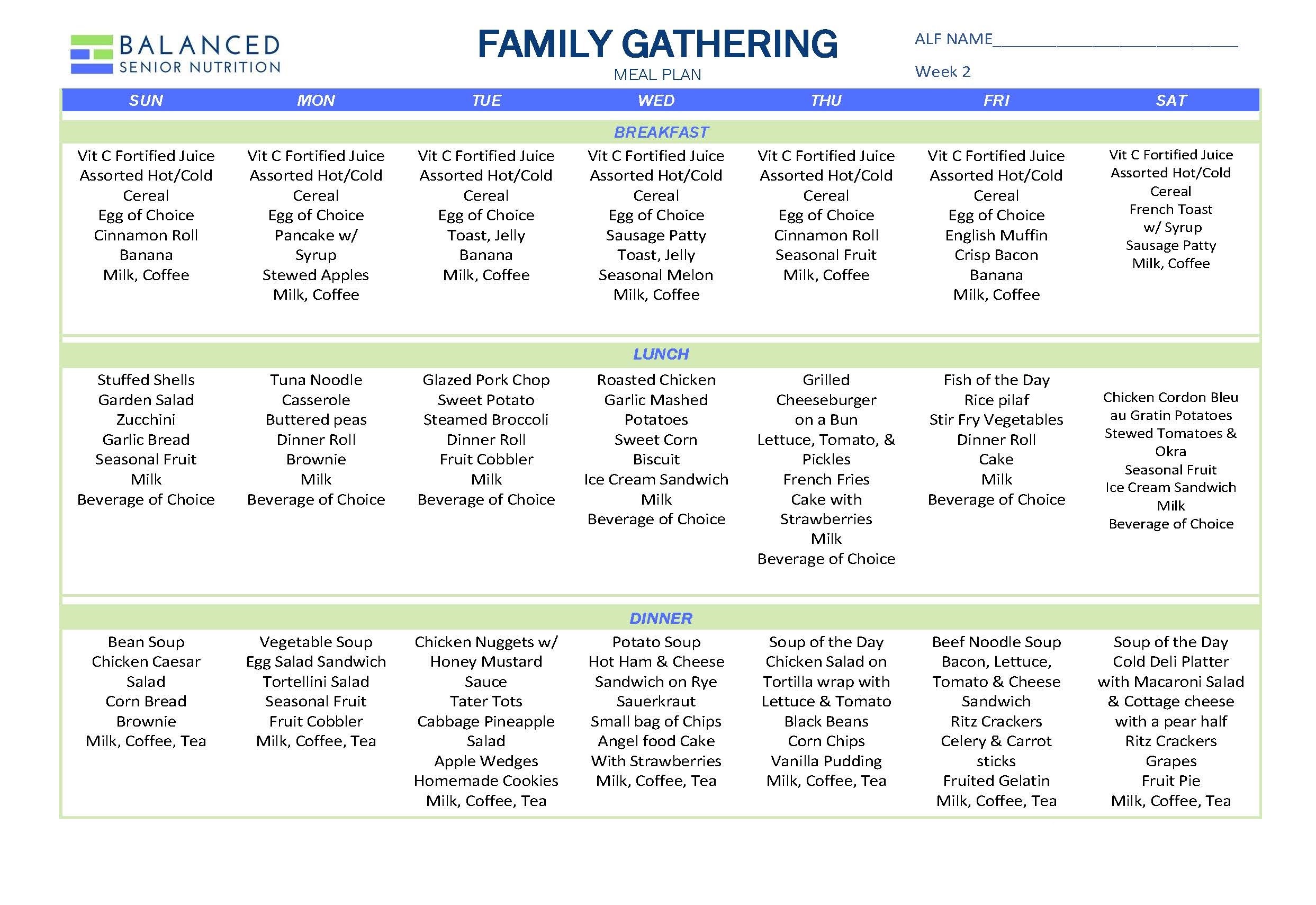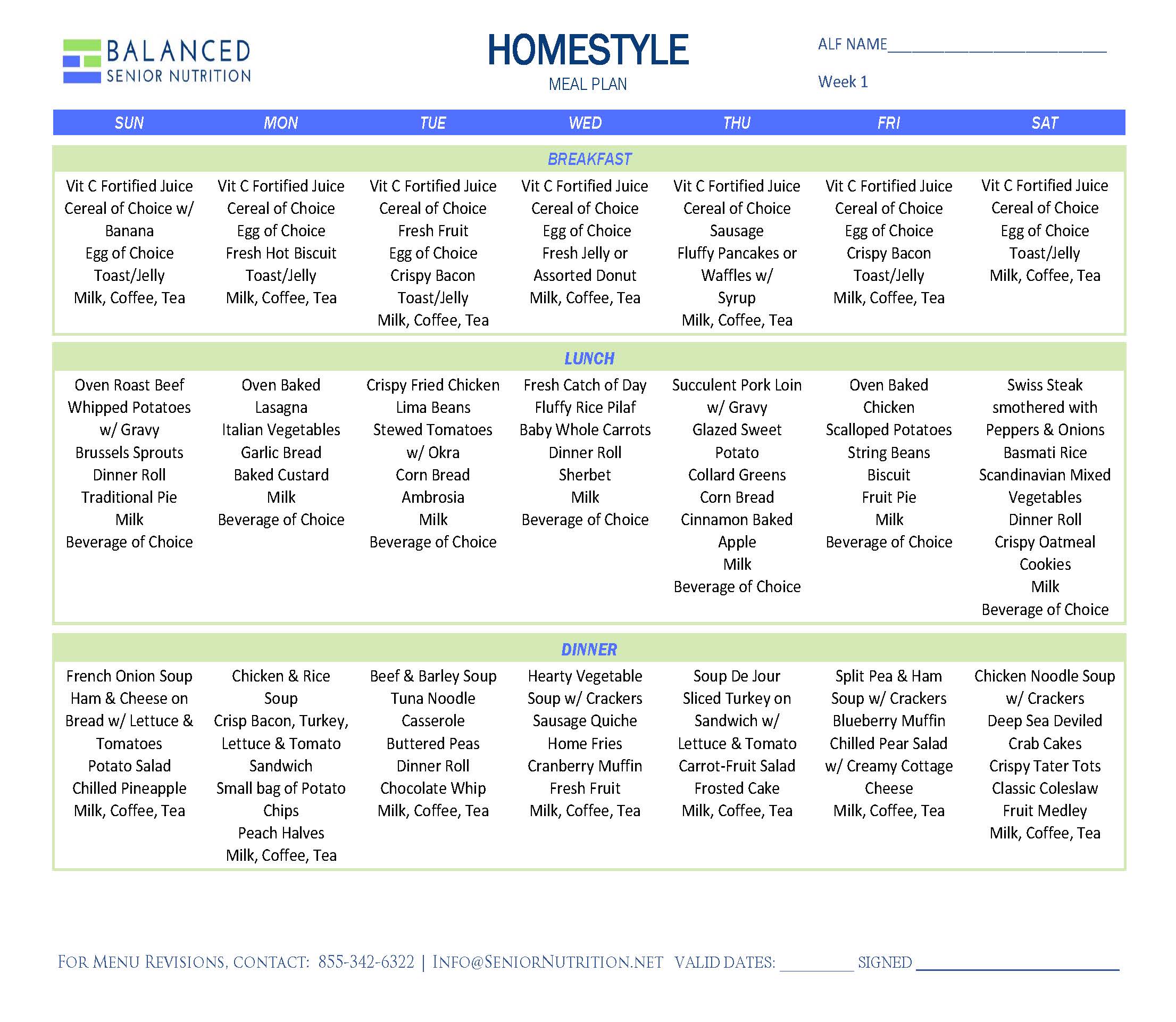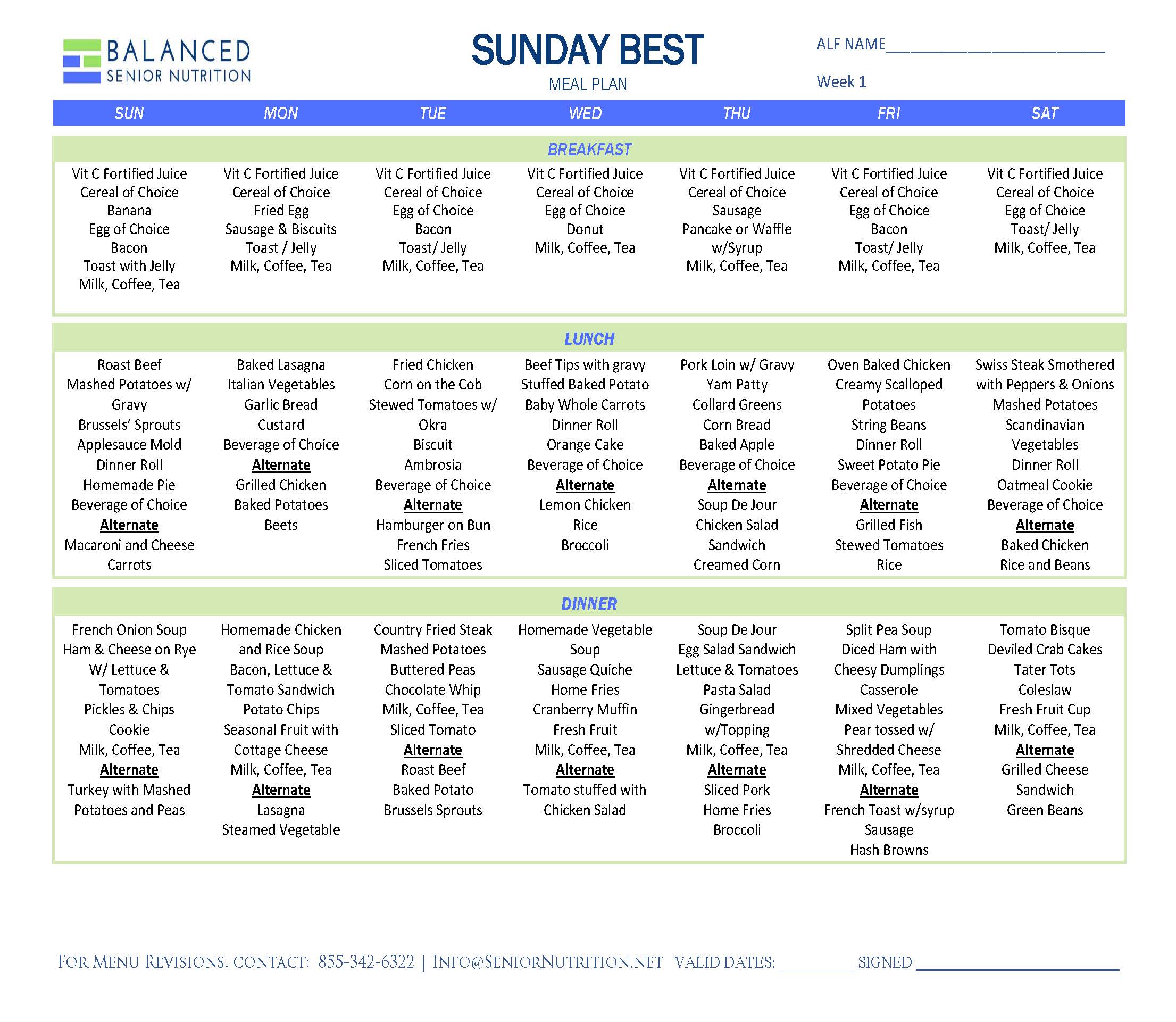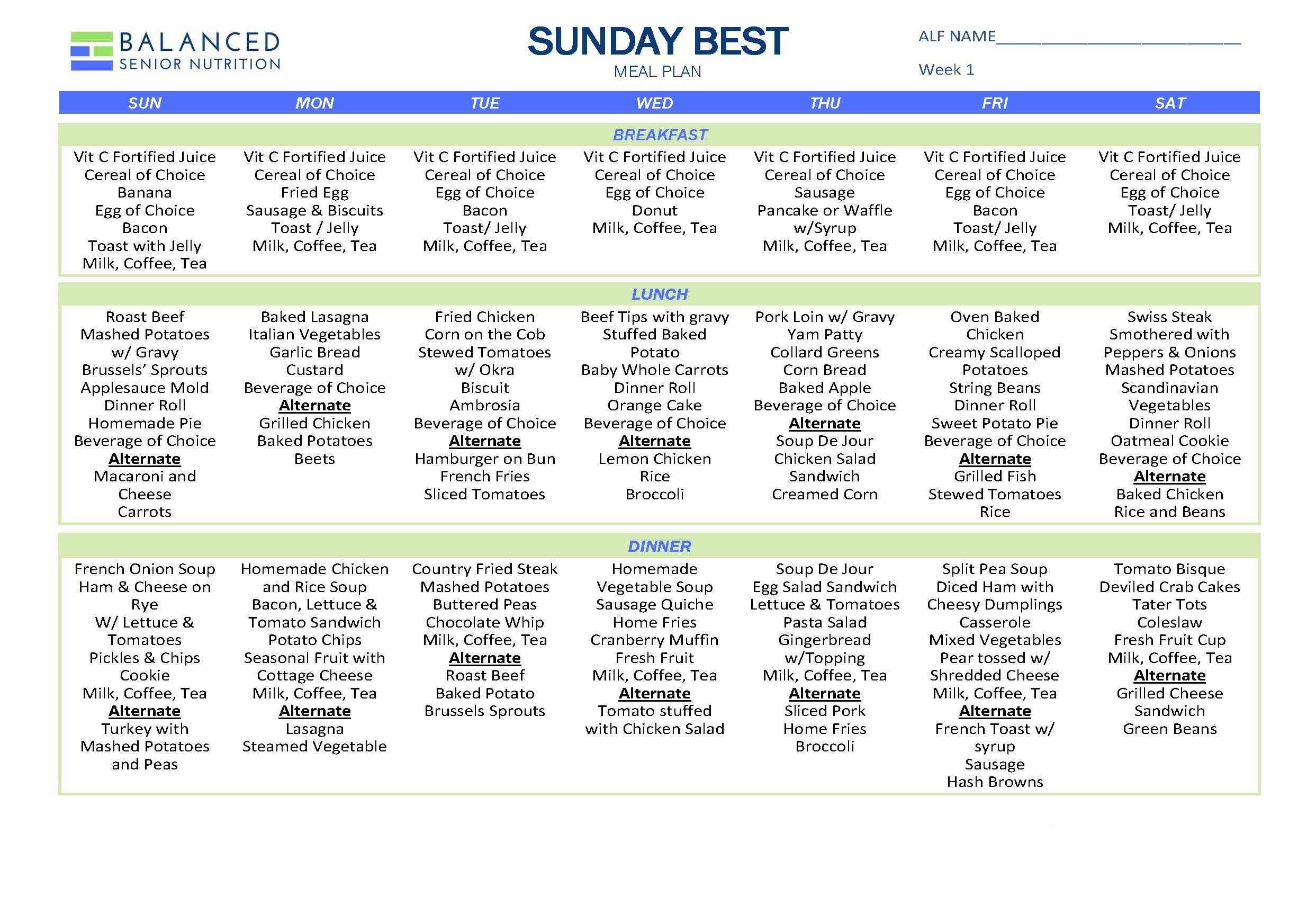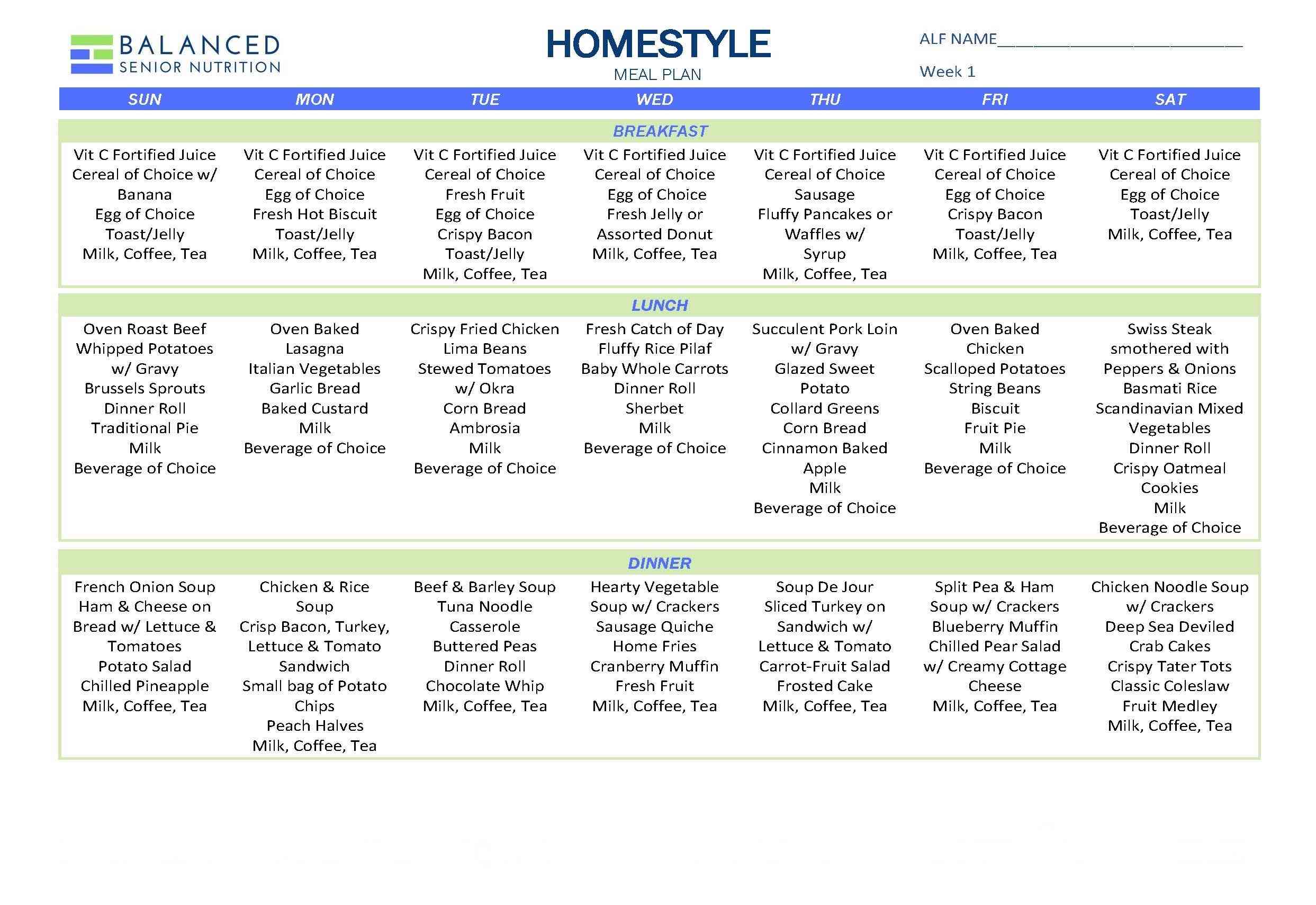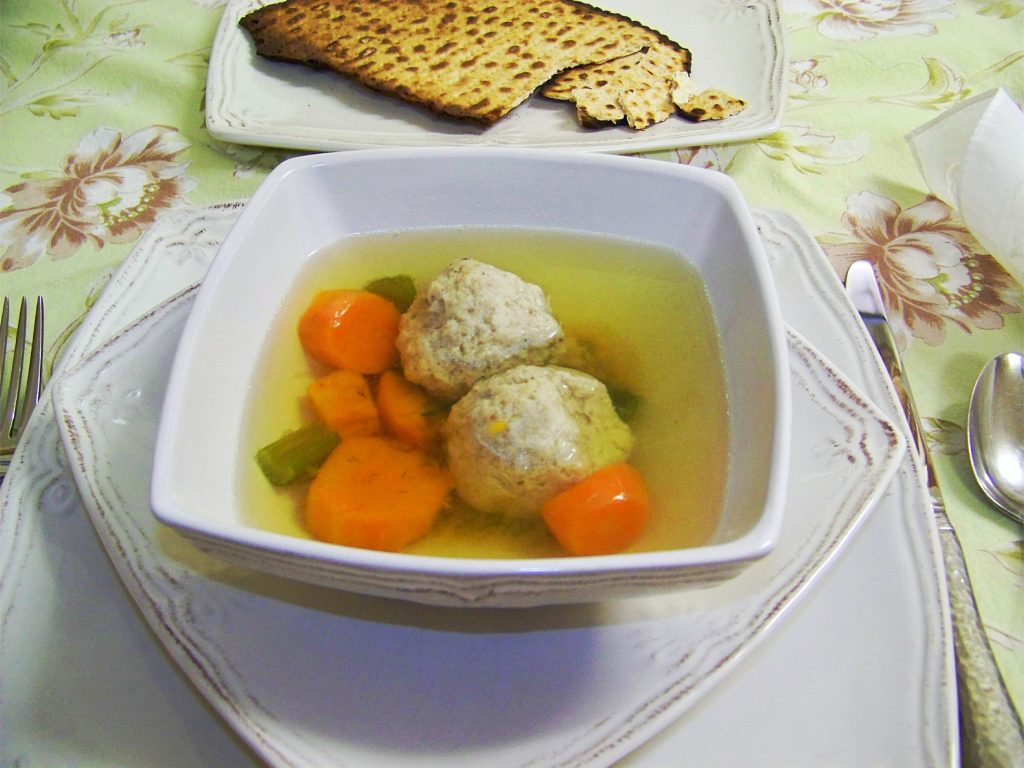
You can honor religious, ethnic and cultural food preferences and comply with CMS Regulations
Last November, the Centers for Medicare and Medicaid Services (CMS) issued a final rule to improve care, safety, and consumer protections for long-term care facility residents, including ensuring that staff members have the right skill sets and competencies to provide person-centered care to residents. This final rule also states that care plans developed for residents will take into consideration their goals of care and preferences, including religious, ethnic, cultural, and special preferences.
The best part is you can ensure compliance with a dining preferences form.
To meet these standards, we in dining services must remember that not everyone wants the typical American menu. For instance, some residents require their food to be kosher and many do not eat dairy products and meat products at the same meal. They may enjoy latkes instead of mashed potatoes as a side dish. Someone else might enjoy a peanut butter and banana sandwich like Elvis used to eat or enjoy sweet potato pie for dessert instead of a slice of pound cake. A vegetarian might like a different take on the way their vegetables are served, such as grilling broccoli, instead of just steaming it, or want tofu to be substituted for the chicken in a stir-fry.
Asking about these preferences is not enough. You must routinely document that you have asked the person what matters most to him or her regarding meals. That’s where an up to date dining preference form can help.
Our guidebook on making informed choice happen in your community, The Inside Scoop on Informed Choice, contains many of the forms and documentation tools you will need to create person-directed care plans. One of those forms is our dining preferences sheet which we recently revised to include a resident’s religious, ethnic, cultural and special preferences.

